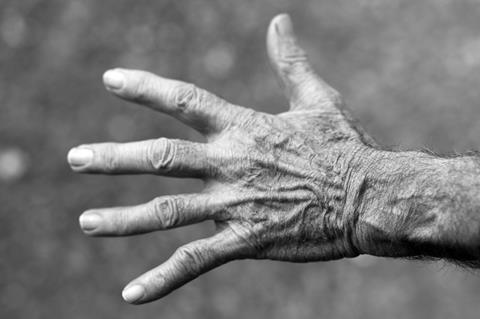A new study in the peer-reviewed OMICS: A Journal of Integrative Biology, suggests that compositional and functional differences in the gut microbiota may be associated with mechanisms that contribute to the determination of longevity or aging.

Shui-Hong Yao, from the Quzhou College of Technology, Kun-Hua Zheng, from the People’s Hospital of Kaihua, and coauthors from Quzhou, China, compared the gut microbiota of Chinese individuals in two different age groups, long-living adults (aged over 90 years) and elderly adults (aged 65–74 years) who were free of major diseases.
Microbiota may regulate biological processes
“We found significantly lower relative abundances of bacteria in the genera Sutterella and Megamonas in the long-living individuals,” stated the investigators. They also noted that microbiota may potentially influence longevity by regulating biological processes such as autophagy, telomere maintenance, and amino acid metabolism.
READ MORE: The secret of healthy aging may lie in our gut
READ MORE: Gut microbiome has central role in human aging
“Microbiome scholarship offers new possibilities to discover the mechanisms of aging and novel molecular targets for antiaging interventions. The present findings reported from the Kaihua County, Quzhou, China are encouraging and call for future research with prospective study designs, larger samples and in different world regions and ecological contexts,” says Associate Editor Biaoyang Lin, PhD and Vural Özdemir, MD, PhD, DABCP, MA, Editor-in-Chief of OMICS.







No comments yet